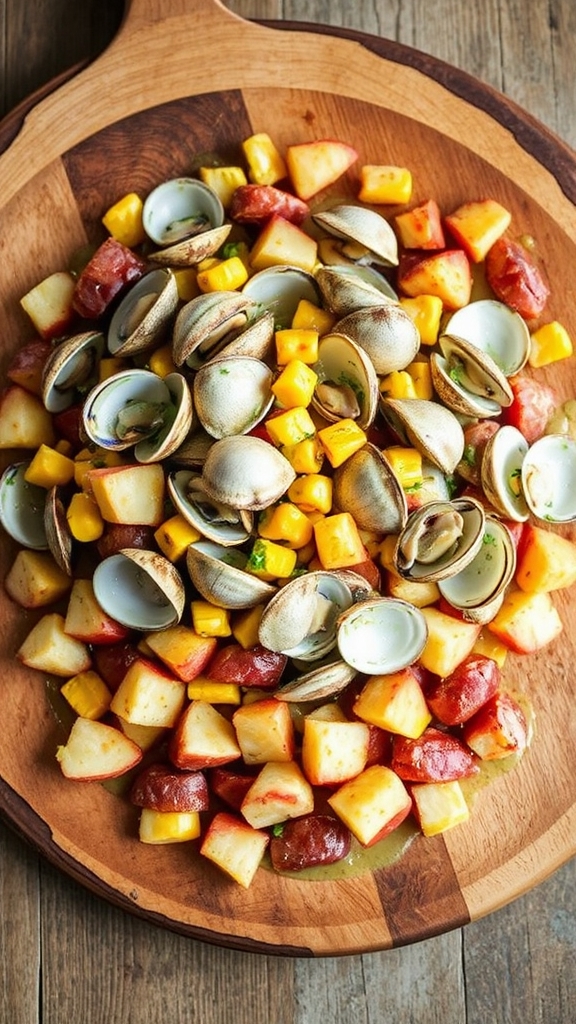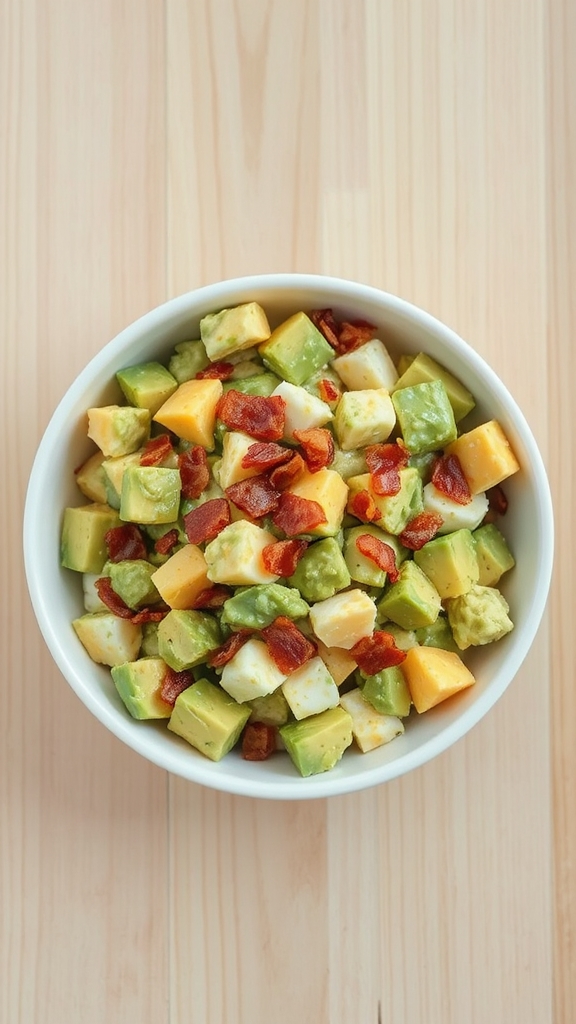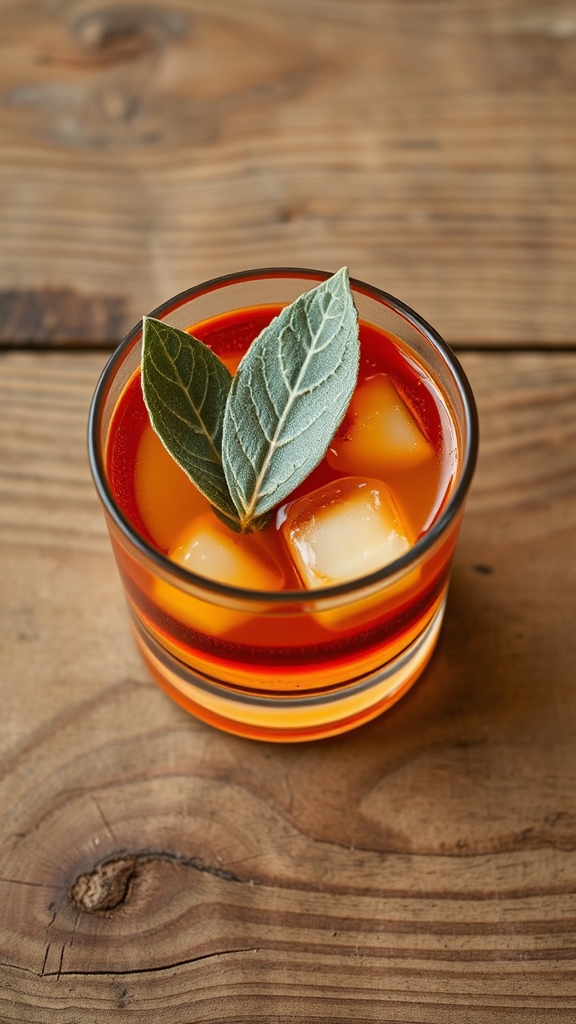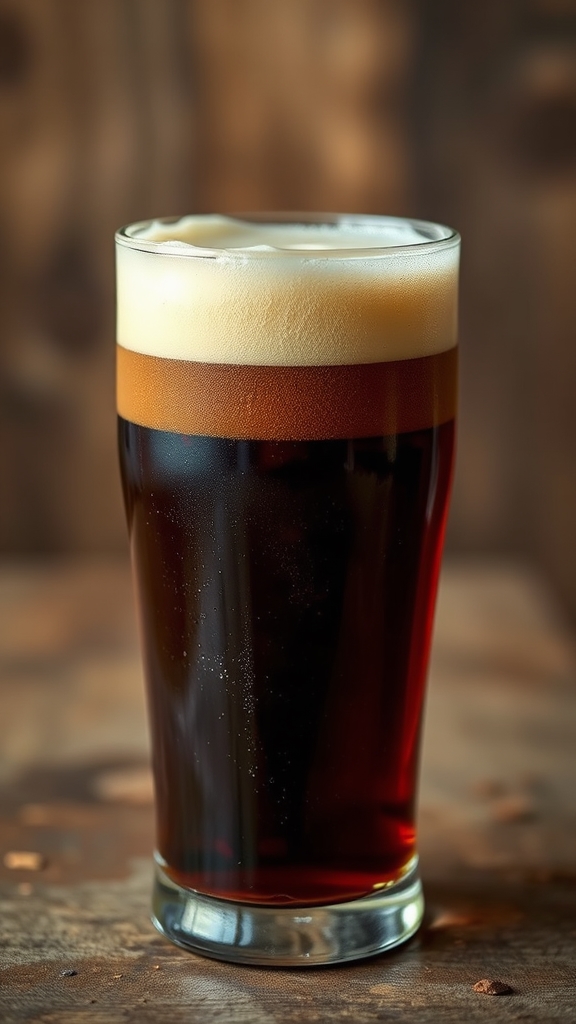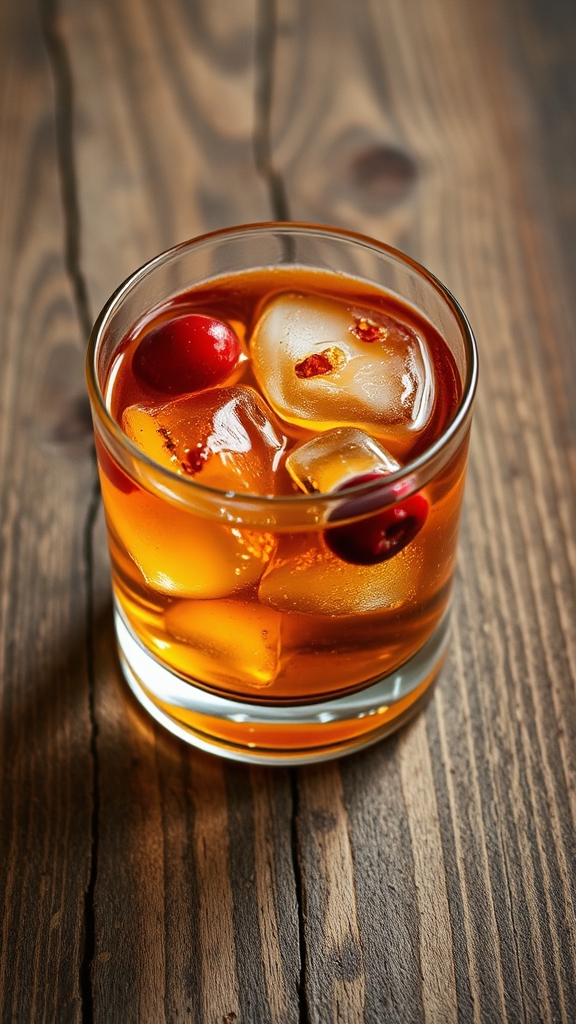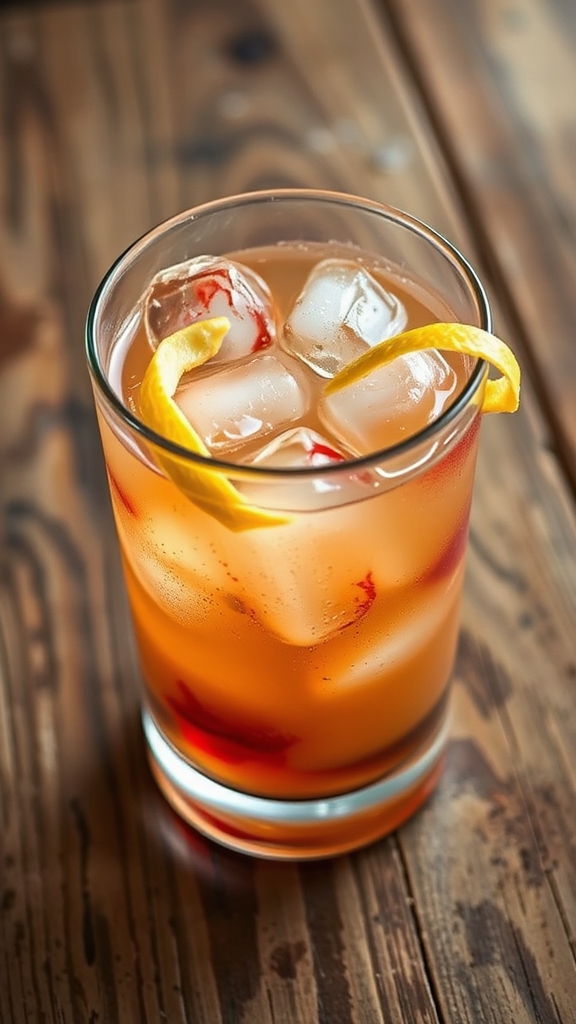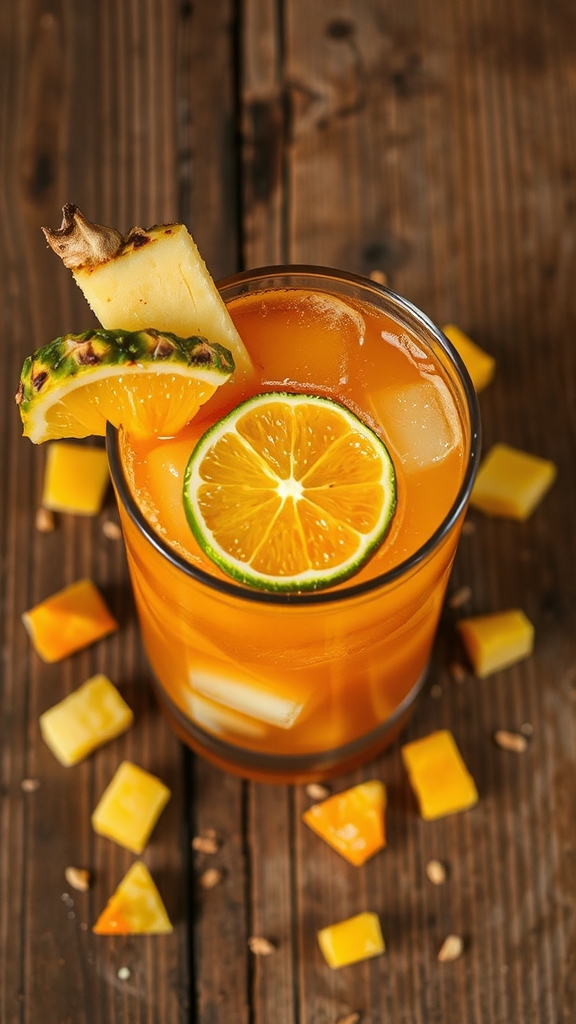Craft Porter – Oregon – Dark Malty Beer
Uncover Oregon's dark malty Craft Porter secrets, blending history with bold twists that might just transform your brewing game.
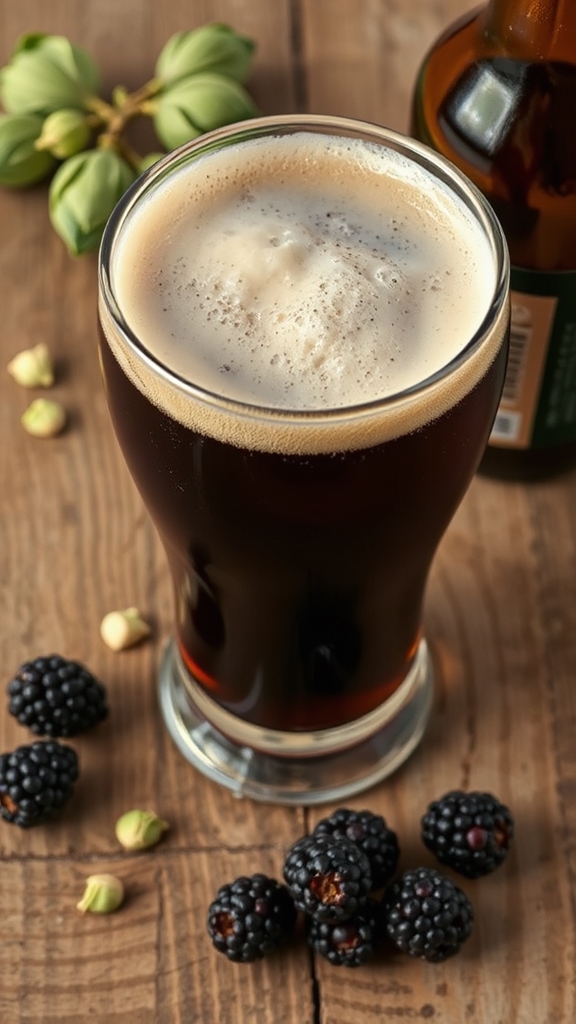
I’ve always loved how Craft Porter from Oregon takes the dark, malty essence of 18th-century London ales and amps it up with Pacific Northwest twists, like bold hops and local fruits. I start with 5 gallons of clean spring water, heating it to steep malted grains for rich flavors, then add hops during a 60-minute boil for that perfect depth. For variations, swap in Willamette hops or blackberries to customize. You’ll uncover more brewing secrets in the details ahead.
History
Craft Porter beer originated in 18th-century London, England, as a robust, dark ale favored by working-class porters and reflecting the industrial era’s cultural backdrop of hearty pub culture.
In Oregon, regional variations have emerged through the craft beer movement, incorporating local ingredients like Pacific Northwest hops, coffee, and fruits, which signify the state’s innovative brewing scene and emphasis on sustainability.
Traditionally, porters are served at social gatherings, beer festivals, or paired with meals in cozy taverns, celebrating community and seasonal flavors in Oregon’s vibrant beer culture.
Ingredients
– Water, the simple yet essential base – Ah, water, that everyday wonder we all take for granted;
Use about 5 gallons of clean, local Oregon spring water to kick things off.
Because it’s the canvas for all those flavors to shine.
And hey, if it’s not quite right, well, even the best plans need a do-over now and then.
Preparation
Let’s jump into preparing your Craft Porter, that rich and malty Oregon beer that’ll have you feeling like a backyard brewmaster in no time.
First off, you’ll need to start with about 5 gallons of clean, local Oregon spring water, as it’s the foundation that holds everything together—think of it as the unsung hero in your brewing saga.
Heat this water to around 150-160 degrees Fahrenheit in a large brewing kettle, stirring occasionally to guarantee even warmth, because if it’s not just right, you might end up with a brew that’s more watery than wonderful.
Once heated, add your malted grains—typically a mix like pale malt, crystal malt, and perhaps some chocolate malt for that deep flavor—letting them steep for about an hour to extract those sugars and flavors that make a porter so satisfying.
After the grains have worked their magic, it’s time to strain them out and bring the wort to a rolling boil, which is where things get exciting.
You’ll add hops at different stages—say, a handful of bittering hops like Chinook early on for that backbone, and some aroma hops like Cascade later for a floral kick—boiling for around 60 minutes to develop those complex tastes.
Keep an eye on the pot to avoid boilovers, as nothing says “oops” quite like a sticky mess on your stove.
This step is essential, so take your time and maybe even chat with your ingredients, asking, “Are we getting that perfect balance yet?”
Once the boiling is done, cool the wort quickly—using an ice bath or a wort chiller if you’re fancy—to around 70 degrees Fahrenheit, then transfer it to a fermenter and pitch your yeast, like a reliable ale yeast for that Oregon-style fermentation.
Let it ferment in a cool, dark place for about two weeks, giving those yeasts a chance to work their bubbly wonders.
Tips and Variations
When it comes to tweaking your Craft Porter for that true Oregon flair, don’t be afraid to play around with the hops—maybe swap in some Willamette for a more piney twist instead of Cascade, wondering if it’ll make your brew feel like a walk through the forests.
For variations, consider adding a handful of local blackberries during secondary fermentation to amp up the fruitiness without overpowering that malty backbone, or lighten the grain bill with a bit more pale malt if you want a smoother, less robust pour, because who doesn’t like a beer that surprises you.
And hey, if things don’t turn out perfect on the first try, that’s just an excuse to brew again, right—life’s too short for boring beer.
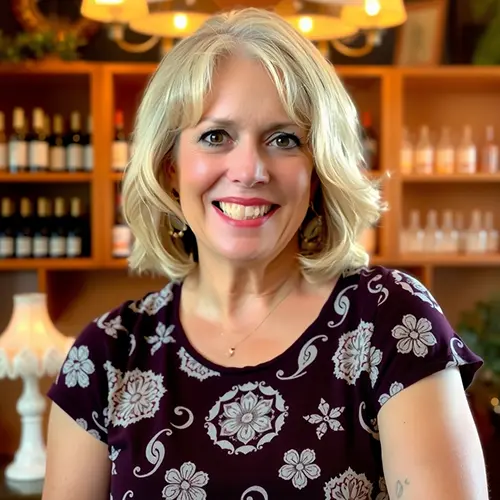
Hi There! I'm Stephanie Miller: Elementary teacher from Columbus, OH sharing grandma's treasured American recipes! 50 years young, yoga enthusiast & kitchen storyteller. Welcome to my food family! 🍰❤️

